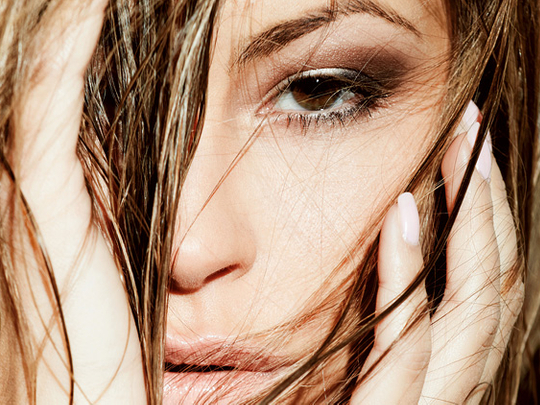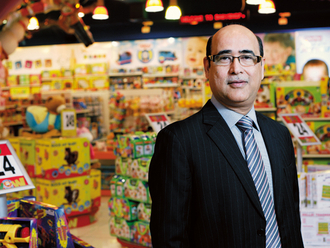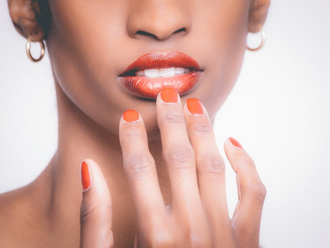
Q My hair seems to be getting thinner by the day and has been since I had my first child. Is there anything I can do to stop this?
A Dr Chidiac says: "Unfortunately, women's hair gets thinner with age, starting in the mid-thirties. Many factors can aggravate the problem, such as pregnancy, hormonal changes, contraception, vitamin and mineral deficiencies, excessive bleaching, physical stress (for example, fatigue), emotional stress (for example, anxiety and depression), and - most importantly - genetics. If your mother or aunt has thin hair, you have a higher chance of having it yourself.
"Firstly, I would advise leading a healthy lifestyle, and seeing your doctor to rule out diseases, like iron deficiency, thyroid imbalance and polycystic ovarian syndrome. Your doctor can help you by finding the cause and treating it. If a cause is not found (which is often the case), there are a few medications that could help the regrowth of thicker and healthier hair. I'd also advise reducing the use of chemicals on your hair."
Q I'm cautious about staying out of the sun and using SPFs but now I am worried that it might lead to a vitamin-D deficiency. Is there any way of supplementing my diet with vitamin D? And does this apply to children too?
A Sarah says: "Unfortunately, vitamin-D deficiency is on the rise and there has been an increase in rickets, in both children and adults, which can show itself as bone pain and can lead to further conditions. Vitamin-D deficiency is also thought to lead to cardiovascular disease, diabetes, hypertension, period problems, depression and some cancers. The foods that provide vitamin D are fortified milk - it is added to fresh milk in the UAE; eggs; oily fish, such as salmon, sardines and tuna; fortified breakfast cereals; and fortified spreads like margarine. Also, children aged six months to five years should take a daily supplement - as should mothers who are breastfeeding."
Q I'm six months pregnant with my first baby and, although I am over the moon, I'm also a bit nervous. How I can prepare myself mentally and emotionally?
A Shana says: "It's natural to feel nervous about the arrival of a new baby. You have never done this before and so may feel out of control and out of your comfort zone. However, just changing the language you use to speak with your inner voice can make you feel much better immediately. Try thinking things like, ‘I am looking forward to my new role as a mother and getting to know my baby'. As you say this, notice the change of pictures in your mind to positive, empowering ones - see yourself surrounded by family and friends who will support you, and make you feel special and loved. Spend time with other new mums who have positive stories to tell you about motherhood, and notice your nerves turn into excitement."
Got a question for our experts? Email us at aquariusedit@gulfnews.com











